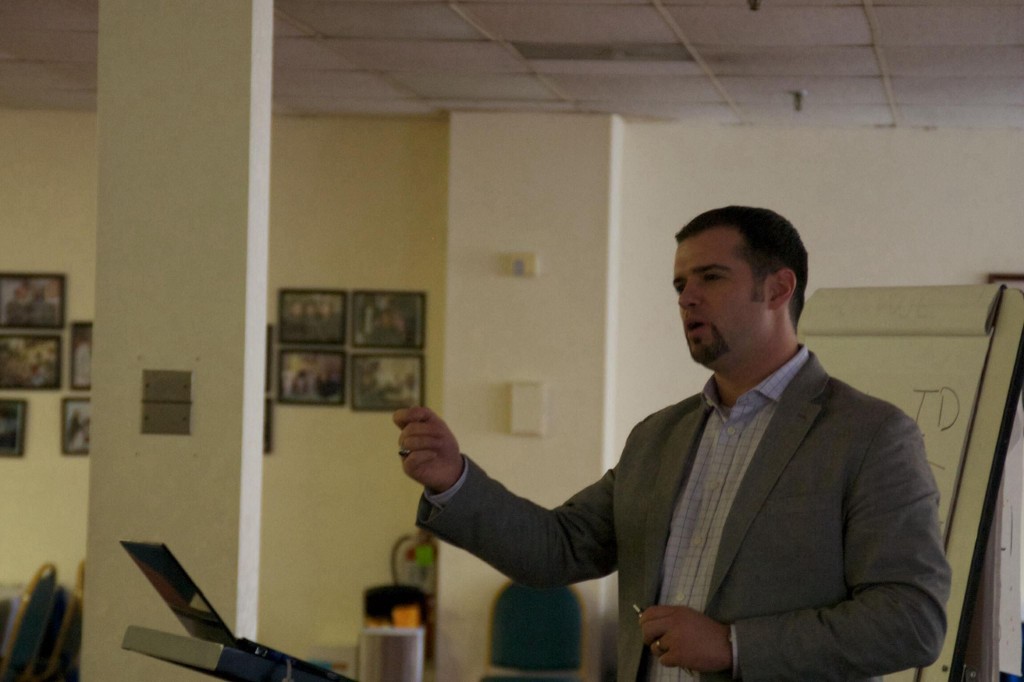
Last week I spoke to a group of associate pastors at a continuing education program with the American Baptist Churches of New Jersey. This group of associates was very diverse demographically, but they all shared the same challenges.
I started on the topics of identity, calling, and roll of the associate pastor. Then, several folks brought up other associates books, “Leading from the Second Chair” or “Second Chair, Not Second Best”. Though I’m pretty enamored with “The Work of the Associate Pastor“, I spoke about how those other books fail to see one thing: the power dynamic in the analogy of “second chair” is fundamentally flawed.
As I shared with this group of associate pastors that the power dynamics of #1 verse #2 pastor is not helpful. Ordering pastors with numbers frustrates associates into seeing themselves as lesser instead of seeing themselves into a different calling than their senior pastors. The relationship between the senior and associate pastor should be one of mutuality. Obviously, there is a supervisory role that the senior pastor must take, but that doesn’t mean that pastors cannot treat one another as equals.
This group of pastors and ministers shared about their struggles and successes. Many struggles revolved around how senior pastors and lay people treat associate pastors differently. For some congregants, the preference of the senior over an associate for visits, meetings, and preaching only contributes to an associate’s frustration. This is where senior pastors need to reinforce the concept of equal calling and equal treatment. One associate pastor lamented that her senior pastor has a job description but she doesn’t have one. That made her feel like she wasn’t being treated like an equal.
Some felt that associates are forgotten. There is so much focus on the senior pastor that the associates get left in the dust. Naturally, the congregational attention will be directed towards senior pastors, but associates need some love too. The more senior pastors give opportunities for preaching, teaching, and leading, the more the church will see the associate pastor having an equal calling but supportive role.
The day came to a close and the associate pastors left with a better sense of identity and calling (hopefully). I pasted out copies of my book and I encouraged the associate pastors to use it as a tool with their senior pastors. Each chapter features discussion questions for churches and pastors to help think about how to equip the often forgotten associate pastor.
Don’t forget those associates. Their work, calling, and support are critical to the church. Encourage them in their work and give them room to grow.
Alan Rudnick is the author of “The Work of Associate Pastor” (Judson Press, 2012).
